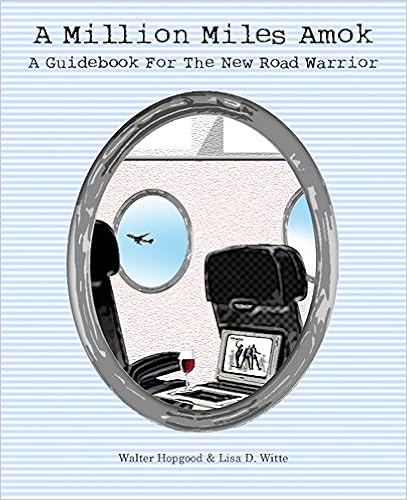One thing that hits every single aspect of my life is music. Be it the background noise while I’m writing, what I do to keep me just distracted enough to keep me focused while doing my day job, or what I bounce to while I’m cleaning. Music is in just about every aspect of my life.
Stephen King writes to artists like Metallica. I was talking to another writer about music (Soren Summers) and he mentioned that he listens to artists like Gesaffelstein. I, personally, listen to classical music for what I need in my environment when I write. But it’s not just the music that’s there – it’s the music that enhances what you’re writing.
For instance, Soren’s choice of Gesaffelstein is something that I could definitely listen to if I was writing erotica. There is something sensual in the beats, the rhythm, the trance that the music puts you in, and that overall it just gives you the chance to let go of yourself. And if you’re writing an effective sex scene – not a lovemaking scene, a sex scene – then why not listen to something that’s raw, and a bit animalistic?
When writing parts of A Million Miles Amok, I actually chose to write without music, and used the noisy aircraft cabin as my ambience. But when I wrote Migration: Beginnings, I actually varied what I wrote. In the “setup” type scenes, I listened to regular classical music. But in a couple of pivotal action sequences, I actually put “O Fortuna” on repeat. Why? Because it’s one single piece of music that has been used in critical action sequences in multiple movies, and I wanted to see if I could capture that same type of energy as I wrote.
Music is pretty big for me, and as I don’t have much to blog about right now (because rewrites kinda suck!), I thought I’d start a little side bit here about music. Not just music when it comes to writing, but also music in the movies. Because music can make or break a film, turning a cinematically-filmed marvel into a two dimensional piece of entertainment. I mean, when it came to films from 2005, the cinematic marvel was “Brokeback Mountain”, though it would not be as successful if Gustavo Santaolalla hadn’t penned the beautiful piece “The Wings“. What would Close Encounters of the Third Kind be without the pivotal “Dialogue” scene? And the movie Jaws wouldn’t have been half as scary without those few low notes from a tuba and woodwinds that started it all.
I, personally, was ready to dismiss the remake of the 1950s classic “The Secret Life of Walter Mitty” – until I not only saw the movie, but the accompanying music. Sure, the scene with Walter Mitty jumping on the helicopter as Kristen Wiig and David Bowie sang “Space Oddity” was a turning point not only for Walter, but for the movie itself. But to me, both the cinematography and lyrics to the song “Far Away” do the most when it comes to non-verbal communication with the audience. Mitty, a guy who has a nonplussed life, suddenly is feeling alive again as he skateboards down a deserted road. Even the lyrics are there. “Step in front of a runaway train, just to feel alive again.” There’s a link on Youtube, but unless you see the whole thing, it doesn’t impact you as much as the whole film does.
So here goes. A dialogue on music that’ll happen from time to time. Because why not?


